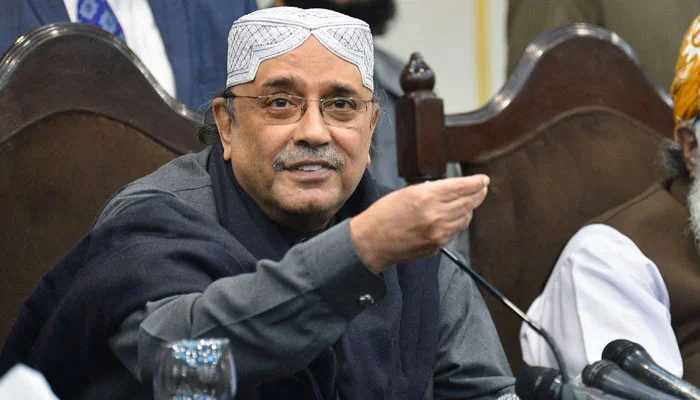As the country prepared for the 2024 elections, there was a palpable sense of excitement in Karachi’s busy streets. Like a mosaic of many colors, Pakistan’s sociopolitical environment represented the intricate interactions between ideologies, ethnic groups, and social classes. The differences in society appeared to deepen as the election date approached, casting a lengthy shadow over the democratic process.
The ideological divide was visible against the backdrop of soaring buildings and bustling bazaars. There were people fervently pushing for progressive changes and a more inclusive society on one end of the political spectrum. Conversely, traditionalists adhered to conservative ideals, emphasizing the preservation of religious and cultural traditions. The ideological struggle shaped the narratives that would sway voters in political arenas and families, schools, and public places.
Pakistan’s historical ethnic differences contributed an additional level of complication to the election’s dynamics. Different neighborhoods in Lahore responded differently with the echoes of political disputes. Because every ethnic community has its own political allegiances, interests, and goals. The contemporary suburbs were alive with the hopes of a new generation that demands change, whereas the streets of the Old City murmured tales of ancient grievances.
Large-scale socioeconomic differences clouded the democratic process. Farmers in Punjab’s rural areas battled economic policies and land reforms that seemed unrelated to their day-to-day existence. In the meantime, the elite in Islamabad’s urban sprawl struggled to strike a balance between social fairness and economic progress. With campaign rallies resounding with promises of infrastructure, jobs, and growth, the urban-rural split turned into a battlefield.
A charismatic leader who promised unity in diversity arose against this backdrop of differences. A lady from a lowly origin, Asma Khan defied convention to become a political leader. People of different political, racial, and socioeconomic backgrounds found common ground with her campaign. The entrenched political elites, however, were not prepared to give up their hold on power lightly.
In order to preserve the existing quo, power brokers forged covert partnerships behind closed doors. Amidst the political scheming, a group of youthful activists came together to oppose the deeply established system, representing Pakistan’s variegated fabric. In an effort to promote understanding and close gaps across communities, they planned town hall meetings, demonstrations, and social media campaigns.
The country was at a crossroads as Election Day drew near. Voting booths turned into a battleground because people’s goals and the powerful interests of the elite collided. Social divides clearly had an influence on the dynamics of the election, but so did the nation’s tenacity in working towards a more peaceful and inclusive future.
The narrative surrounding Pakistan’s 2024 election emerged like to a woven tapestry as it replete with strands of hardship, optimism, and fortitude. In the end, the broken mirrors that represented the many aspects of society had to decide whether to stay broken or create a new route that would lead to growth and togetherness.
– Warda Khan
This post has been submitted by one of our interns. PNP Internship Program is an exciting career opportunity for Pakistani university students to get hands-on valuable experience required in national and international job market.
In order to ensure transparency, accuracy and accountability to our readership, please report whenever any error found or need to clarify /correct the post.



